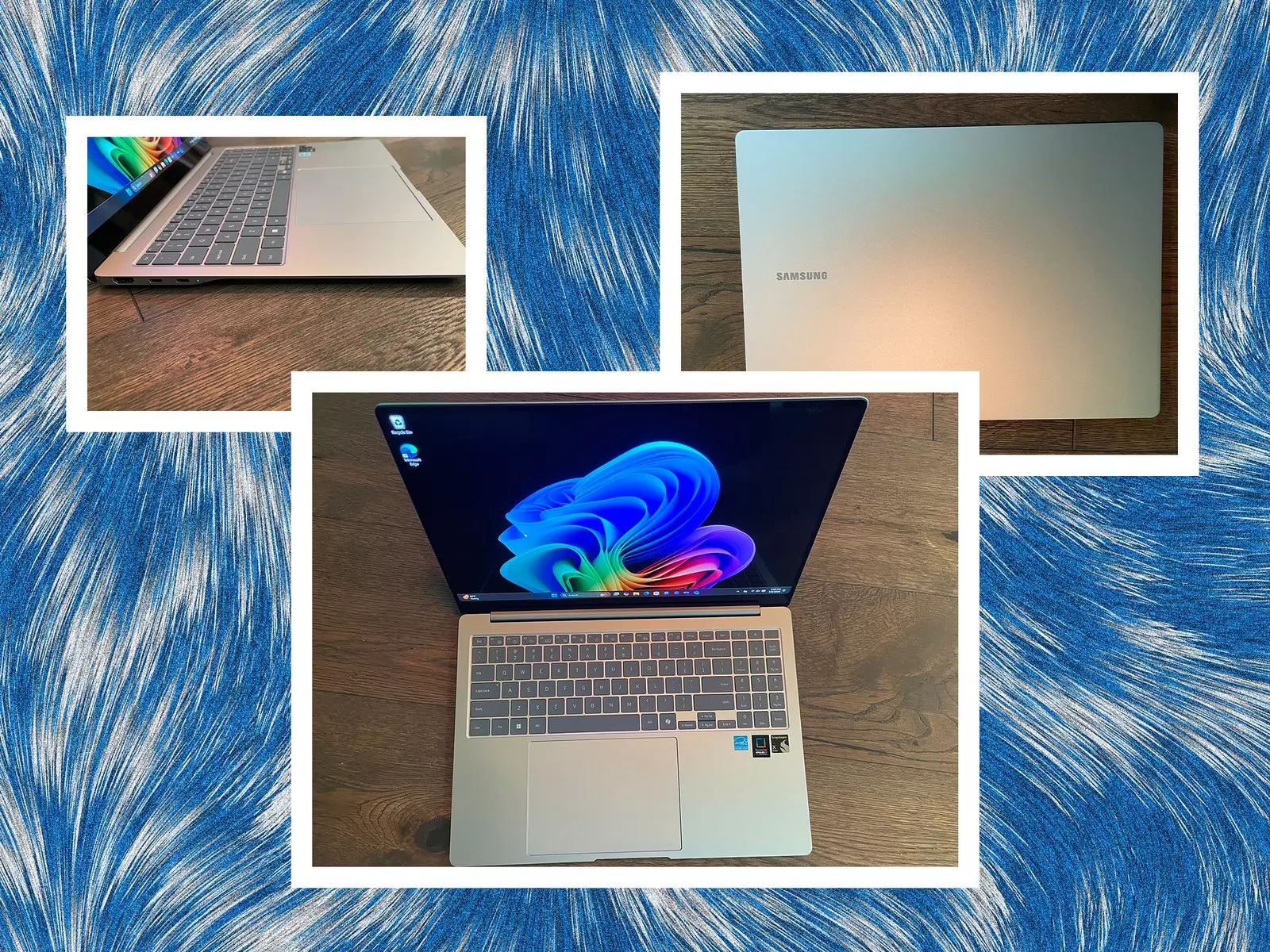The technological landscape continues to evolve, with innovations producing devices that promise to enhance productivity, improve efficiency, and deliver dynamic user experiences. Among these, the Copilot+ PC stands out, claiming to deliver remarkable performance and battery longevity, primarily powered by ARM-based architecture. However, despite these highlights, a rigorous evaluation reveals both the strengths and limitations inherent to these devices.
Copilot+ PCs have demonstrated high potential for everyday tasks, effectively handling ubiquitous business applications such as Microsoft Office and various web browsers. With benchmarks often exceeding those of similarly priced Intel or AMD devices, users might feel drawn to the promise of high performance at a competitive cost. However, performance cannot solely be gauged through raw numbers. The underlying software ecosystem plays a pivotal role.
ARM architecture presents compatibility challenges stemming from decades of software optimization for x86 platforms. While advances have been made, including Microsoft’s Prism emulator, the reality is that not every application is ripe for seamless integration. A significant number of software applications either refuse to run or do so under an emulated environment, resulting in diminished performance. This inconsistency creates uncertainty for the end-user, especially when engaging with specialized tools or games, which may not perform adequately on these new devices.
One of the primary strengths of Copilot+ PCs is their battery life. With ARM processors known for their energy efficiency, these machines can often run longer on a single charge than traditional laptops. For users whose computing needs are centered around basic office tasks and web browsing, this feature alone can make a compelling case for adopting a Copilot+ device. Yet, while the impressive battery life supports certain user demographics, others seeking more demanding computational capabilities may feel limited by the performance constraints associated with compatibility issues.
Graphics performance is a critical consideration, particularly for gamers and professionals involved in creative fields such as video editing or graphic design. Regrettably, users of Copilot+ PCs may find themselves at a disadvantage in this area. The integrated GPU of Snapdragon chipsets cannot adequately compete with the dedicated graphics capabilities of Intel and AMD systems. Consequently, individuals requiring potent graphics processing will find these laptops lacking, raising the question of whether the trade-off in battery life justifies the shortcomings in graphics performance.
The integration of artificial intelligence into Copilot+ devices introduces another layer of complexity. Certain AI-powered features, exemplified by the Live Translate function, have proven exceptionally useful and can dramatically enhance usability. However, other features, such as Recall, may trigger privacy concerns among users wary of tracking technology. This dichotomy between innovation and user comfort raises critical questions about what constitutes a ‘must-have’ feature versus an intrusive novelty. The long-term success of these features will depend heavily on user perceptions and the balance struck between functionality and privacy.
As the landscape surrounding personal computing devices continues to shift, the Copilot+ PC emerges as a noteworthy contender for individuals seeking robust battery life and efficient handling of basic computing tasks. Nonetheless, potential buyers must approach these devices with a clear understanding of their limitations, particularly concerning application compatibility, graphics performance, and specific user requirements.
In essence, the Copilot+ PC may serve as a perfect match for casual users whose needs do not extend beyond standard applications and functions. However, power users and professionals whose work requires demanding applications or high-end graphics should consider alternative options. Ultimately, as the technology matures and compatibility improves, the full potential of Copilot+ PCs may be redefined, making it essential for users to remain informed and adaptive in this rapidly changing environment.

